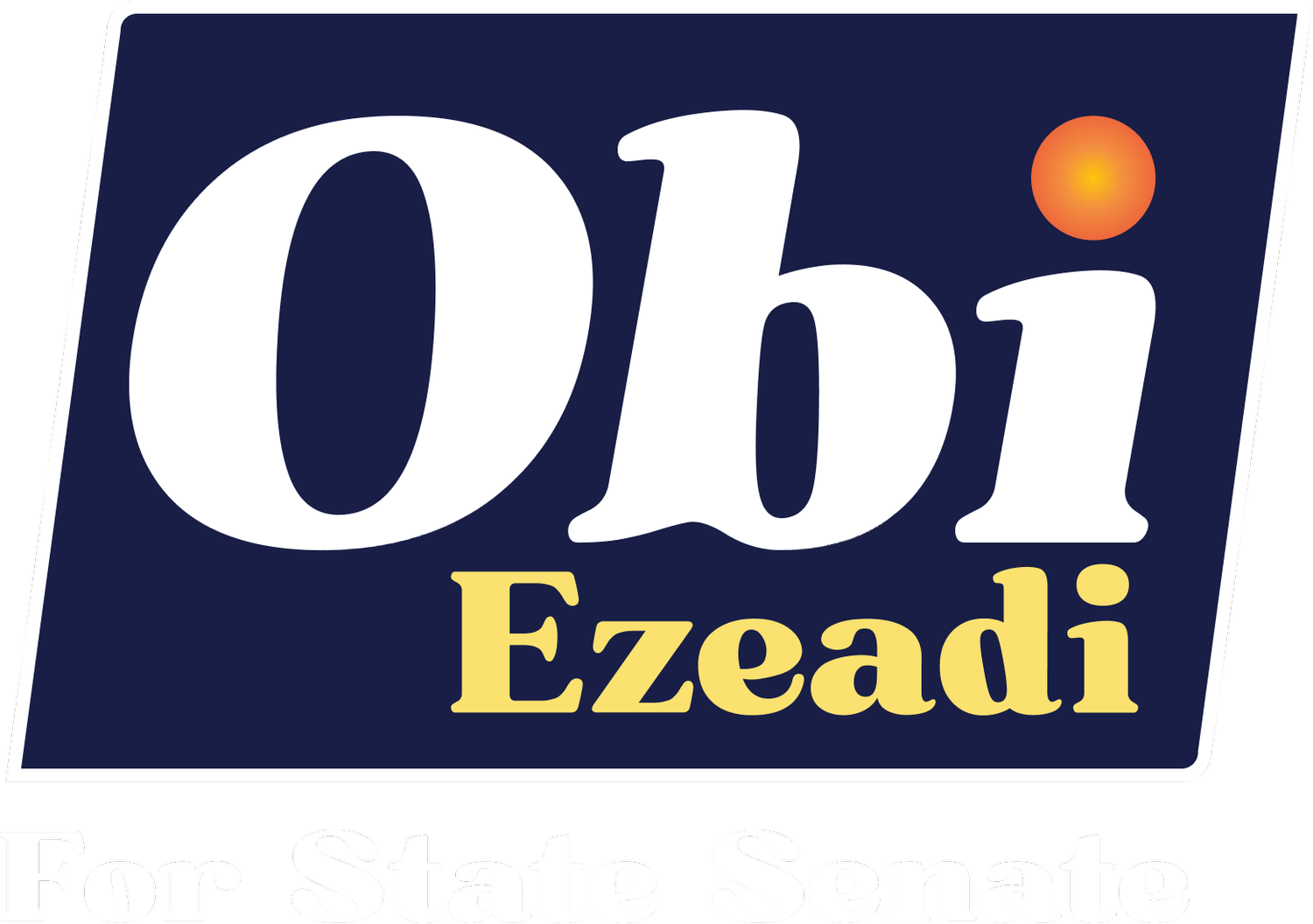CIVICS 101: Inflation
There are lots of misconceptions based off of incorrect assumptions about inflation. I thought it's probably time we dig in a little bit and all get on the same page.
What is inflation? There are plenty of definitions. I have a Masters in Finance and I can confidently tell you that this 'economic' version is pure mombo jumbo...because it's not very helpful for most people: Inflation is the decline of purchasing power over time. A much simpler version of that is to understand inflation as simply a rise in prices.
What the mombo jumbo version was trying to say is that if we print too much money, each dollar is worth less. Why? Because the value of the U.S. dollar is represented by its own supply and demand dynamics, internationally. Gold used to represent the value of the dollar until FDR with the New Deal (he made it illegal to own gold) and then Nixon in the 1970s put an end to the gold standard. So, inflation is literally the rate at which prices for goods and services rise. In other words, inflation makes things feel more expensive, because it costs more money to get the same amount of groceries.
The mandate of the Federal Reserve is to keep inflation (and unemployment) low. Let's start with banks and interest. Banks work as businesses by charging you interest (the cost of borrowing money - when you get charged a % of the money you owe). And it works in reverse; so for example: If you open a savings account with 1% interest rate, and you put $100 in it...at the end 12 months you will have $101. In the United States, we have a central bank called the Federal Reserve, which is set up by the government to manage the quantity of money is in circulation and oversee all other banking (what other banks can do with that money).
So, the Federal Reserve has the power to set a federal interest rate - the rate that banks lend to one another for lending interbank loans. This serves as a baseline, because then our private banks will follow suit with like charges to you and I.
Inflation scenario - If the economy gets too hot, the Fed increases the federal interest rate to slow it down (borrowing becomes more expensive-->people stop buying stuff)
Recession scenario - If the economy gets too cold, the Fed decreases the federal interest rate to speed it up (borrowing becomes less expensive-->people start buying more stuff)
The supply of money (root of inflation) can be increased by: printing too much money; legally devaluing the dollar; or loaning new money into existence as reserve account credits through the banking system by purchasing government bonds from banks on the secondary market.
Understanding everything above means you are now a monetary policy expert. Congratulations!
FYI, interesting facts:
The Fed Reserve is an independent agency (NOT funded by Congress, but rather from interest it charges private banks), accountable to both Congress AND the American people.
To keep the Federal Reserve System (of 12 regional banks scattered across the country) in check, there is a Board of 7 people (appointed by the president for staggered 14-year terms!).
Who appoints the presidents of these 12 regional banks? Bankers and private citizens! So, the private banks that we use are overseen by one of these regional banks - they borrow and lend from their regional federal reserve bank.
The unemployment rate (# of people who COULD be working but ARE NOT for any number of reasons) is very closely linked to inflation.
Hope you enjoyed!
